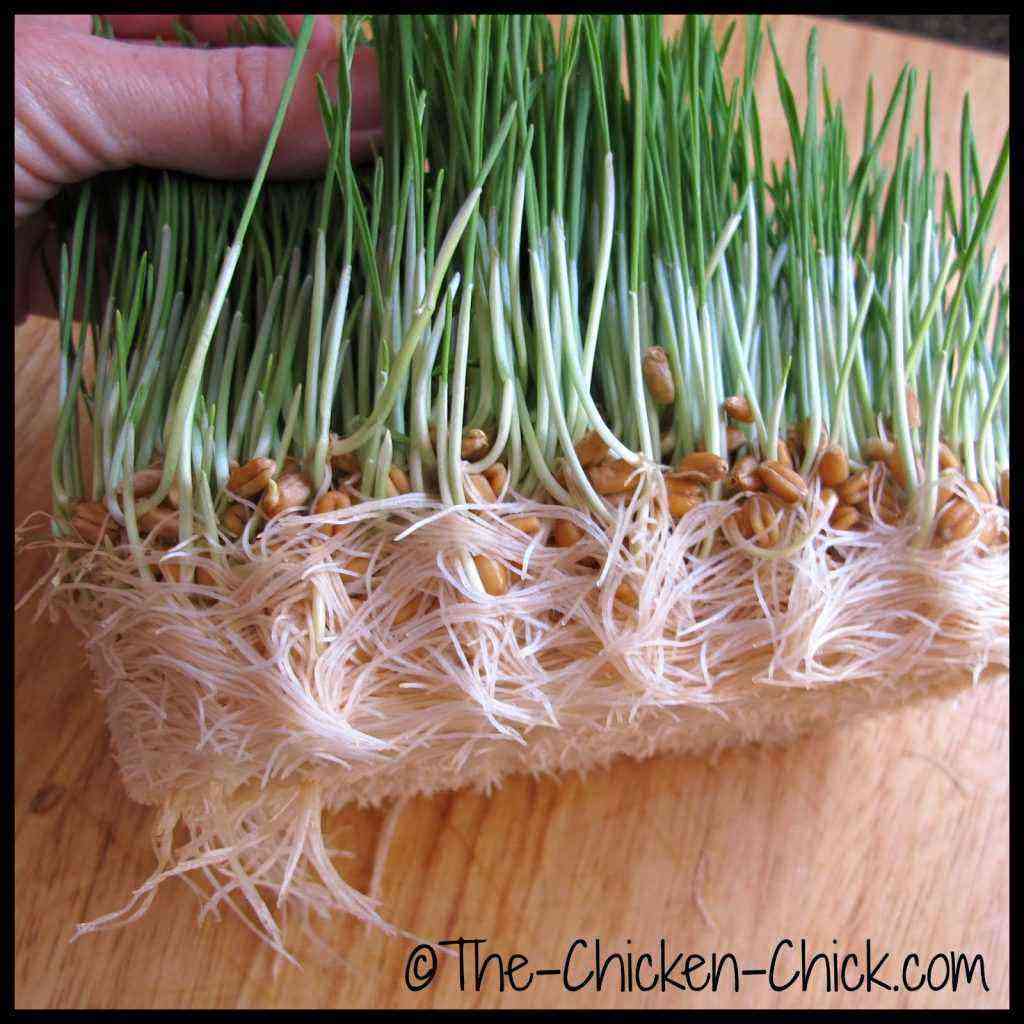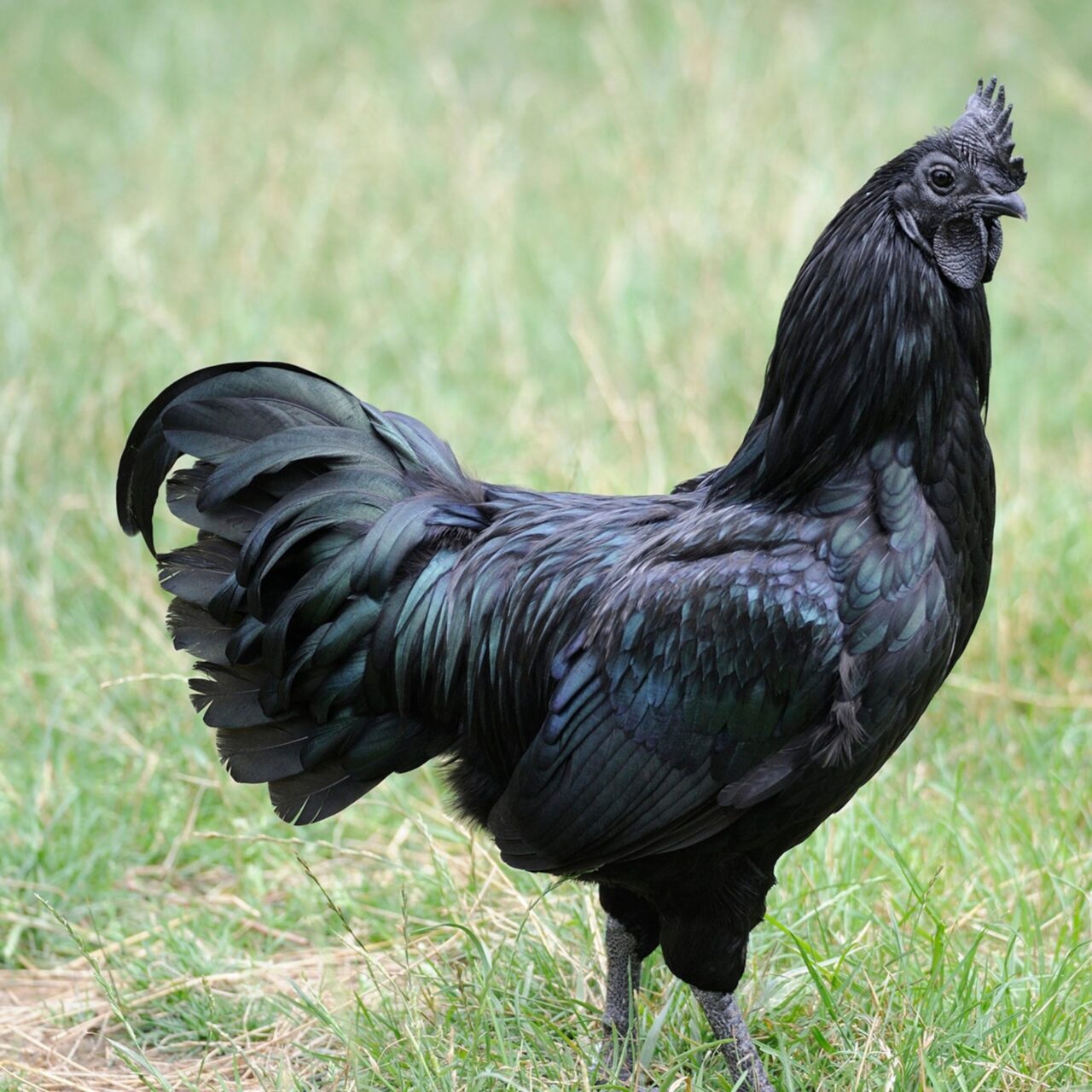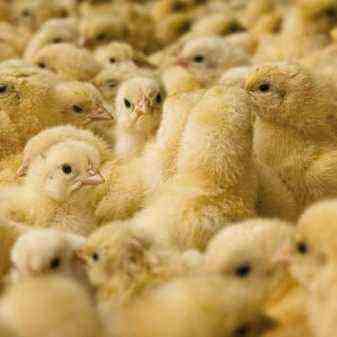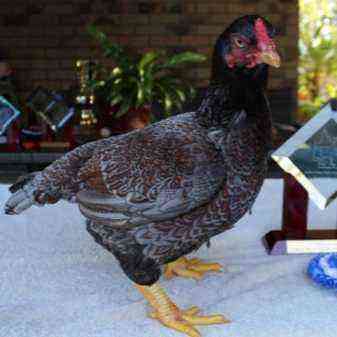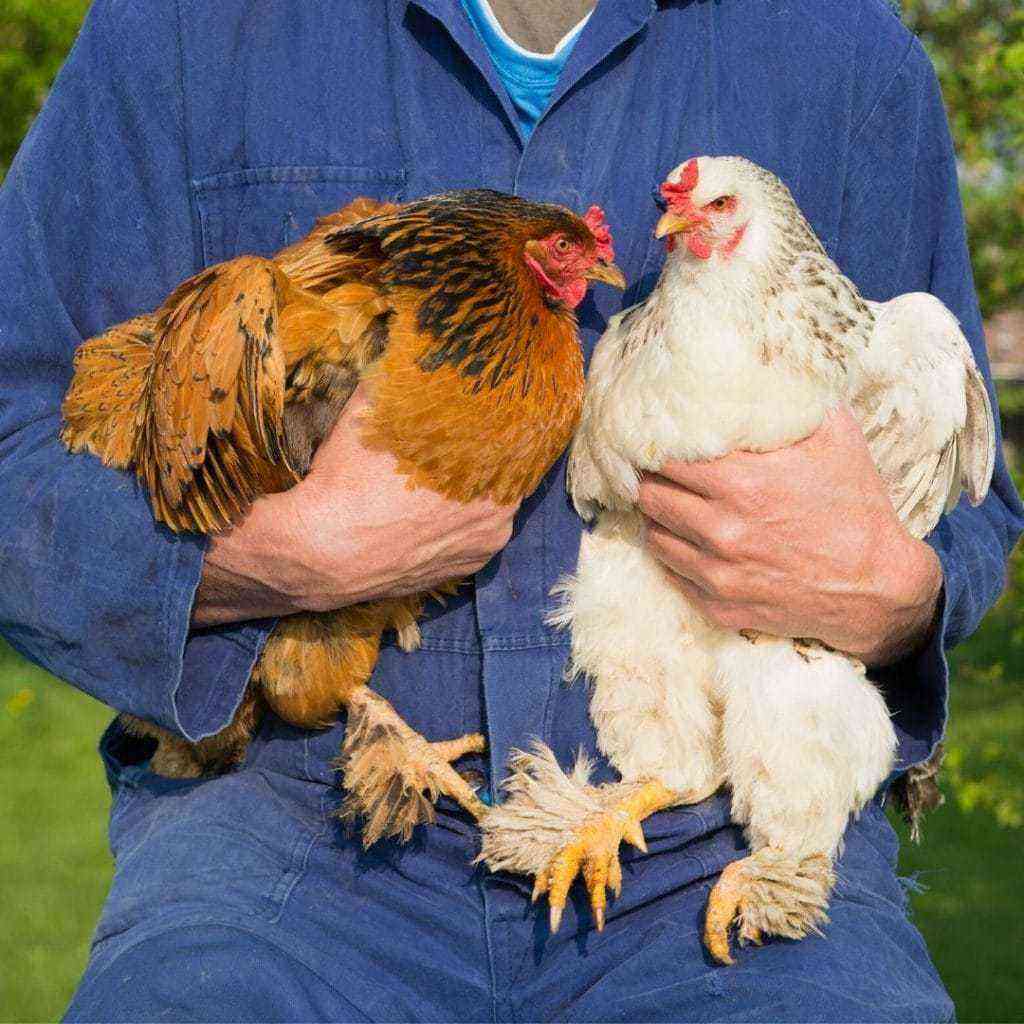Household owners and, in particular, chickens, from time to time face the problem of stomatitis in their feathered pets. Basically, birds are exposed to the disease, which are not provided with a properly balanced, complete feed containing vitamins, mineral salts and trace elements. Their lack is the reason for the development of this complex, rather painful disease in chickens. The second reason for the occurrence of stomatitis is a serious damage to the oral cavity with sharp objects that could get into the food, for example, a piece of glass, carnations and others. Also, the disease can develop in cases of eating hot foods, such as potatoes, irritation of the oral mucosa with chemicals.
Stomatitis belongs to the group of non-contagious diseases. It develops over a long period of time and is chronic.
The first signs of stomatitis are: redness of the oral mucosa and its swelling. It is painful for a bird to eat, it consumes less food, less often approaches the feeder and, accordingly, loses weight, loses weight and becomes emaciated. In sick feathered pets, the secretion of saliva and mucus increases. Hens look oppressed, weaken, significantly reduce, and then generally stop laying eggs.
Sick individuals are better and more effective to kill than to treat.
In order to prevent the development of stomatitis in poultry, you should correctly and correctly draw up a feeding ration. All feeds must be balanced, complete, nutritious, include all the necessary vitamins and minerals. You also need to constantly clean the chicken coop, wash the feeders and drinkers, free them from food residues so that new food, and especially water, is free of debris and dirt.


























